Advocacy & Aid: Writers in Peril
One Humanity Award
Celebrating trans-cultural connection.
Introduced in 2006, the One Humanity Award is presented by the members of PEN Canada to a writer whose work transcends the boundaries of national divides and inspires connections across cultures. Valued at $7,000, the award honours PEN’s commitment to literature as a common currency between nations, and as a catalyst for mutual understanding and respect.
The award is chosen by the PEN Canada Writers in Prison committee.
Past winners have included Egyptian activist Alaa Abd el-Fattah, Chinese journalist Jiang Weiping, Burmese poet and activist Zarganar, Mexican activist Lydia Cacho, Iranian human rights lawyer Nasrin Sotoudeh, and the Vietnamese blogger Dieu Cay, Saudi Arabian blogger Raif Badawi, Ethiopian editor and journalist Eskinder Nega, and Kyrgyz journalist and human rights activist Azimjon Askarov. The One Humanity Award was funded by a donation from PEN Canada patron Florence Minz until 2015. It is now generously funded by the members of PEN Canada.

Writer, activist and media publisher Jimmy Lai has been continuously imprisoned since December 2020 following his initial detention in August 2020 on multiple charges, in relation to his journalism and activism. Lai has already served multiple prison sentences for exercising his right to peaceful assembly, including a 13-month sentence for briefly appearing at a vigil on June 4, 2020 to commemorate the 1989 Tiananmen Square massacre. He faces further charges under the National Security Law (NSL), which could result in a maximum sentence of life imprisonment.
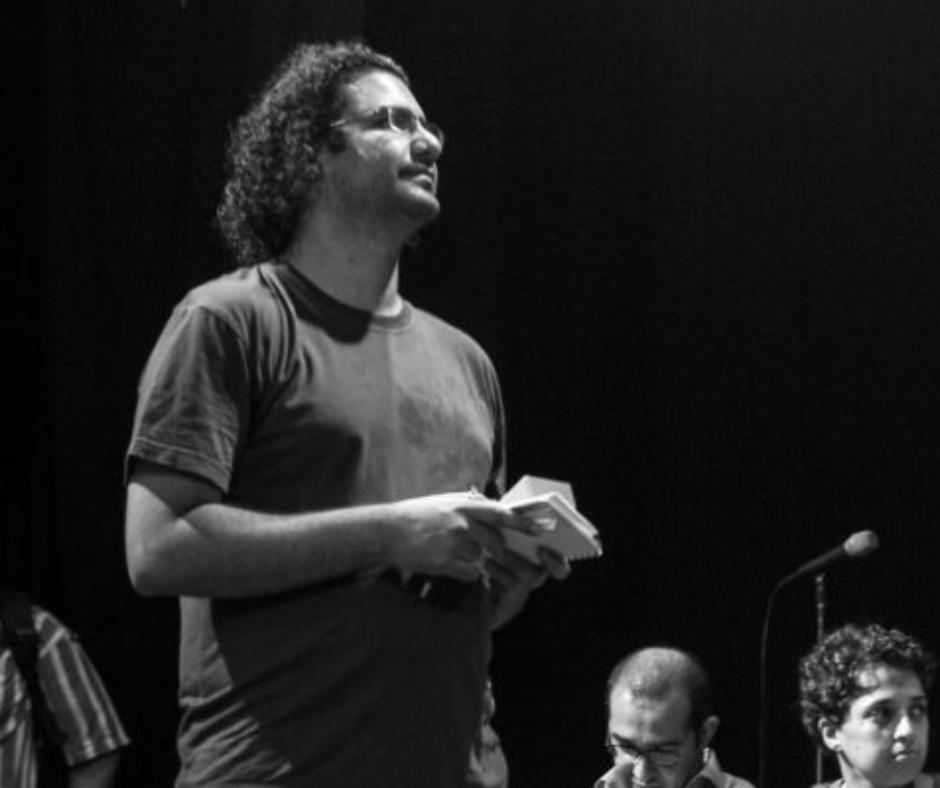
Alaa Abd el-Fattah is a British-Egyptian citizen, an award-winning writer and software developer, and an Honorary Member of PEN Canada. In 2024, he completed a five-year prison sentence, but continued to be detained. The five-year sentence had been widely condemned by leading international human rights organisations, including PEN International, Amnesty International, the Committee to Protect Journalists, and Human Rights Watch.
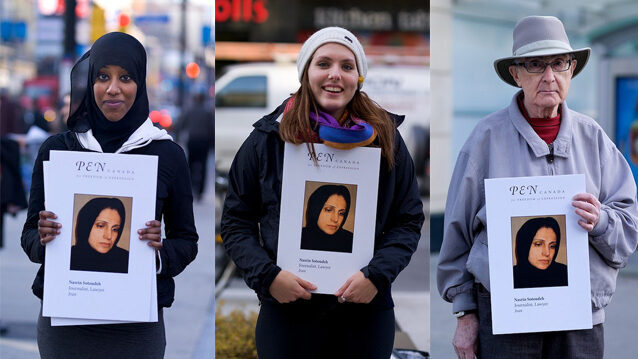
Nasrin Sotoudeh, an Iranian human rights lawyer renowned for her defense of women’s and children’s rights, received the One Humanity award twice – in 2011 and 2019. Sotoudeh, who was imprisoned on both occasions, was sentenced in March 2019 to 148 lashes and more than 38 years imprisonment for national security offenses. The 2019 award was presented by Margaret Atwood to Iranian-Canadian human rights activist Nazanin Afshin-Jam MacKay, who received it on Sotoudeh’s behalf.
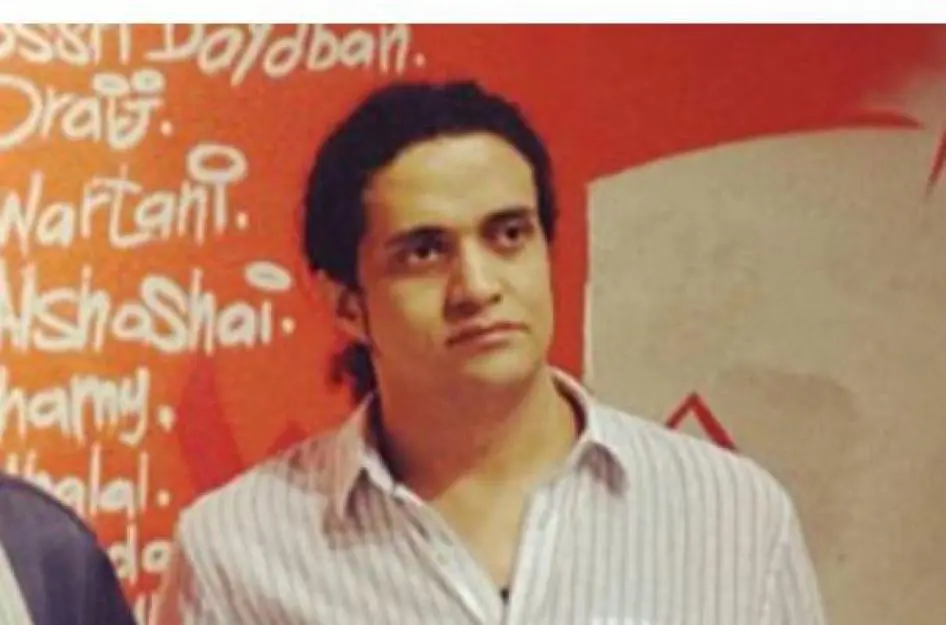
The Palestinian poet, Ashraf Fayadh, was charged in 2014 with blasphemy related to his collection Instructions Within (2008), which included comments on social issues in the Arab world. Saudi courts sentenced him to death in 2015 for the crime of being an infidel, but commuted his sentence to eight years and 800 lashes after an international outcry. Fayadh’s supporters believe he was targeted in retribution for a video he posted of public lashings by religious police, and because of his status as a Palestinian refugee. Fayadh was born in Saudi Arabia to a stateless family. His only identification, issued by Egyptian authorities, was taken from him upon re-arrest. Saudi authorities subsequently denied Fayadh legal representation due to a lack of identification.
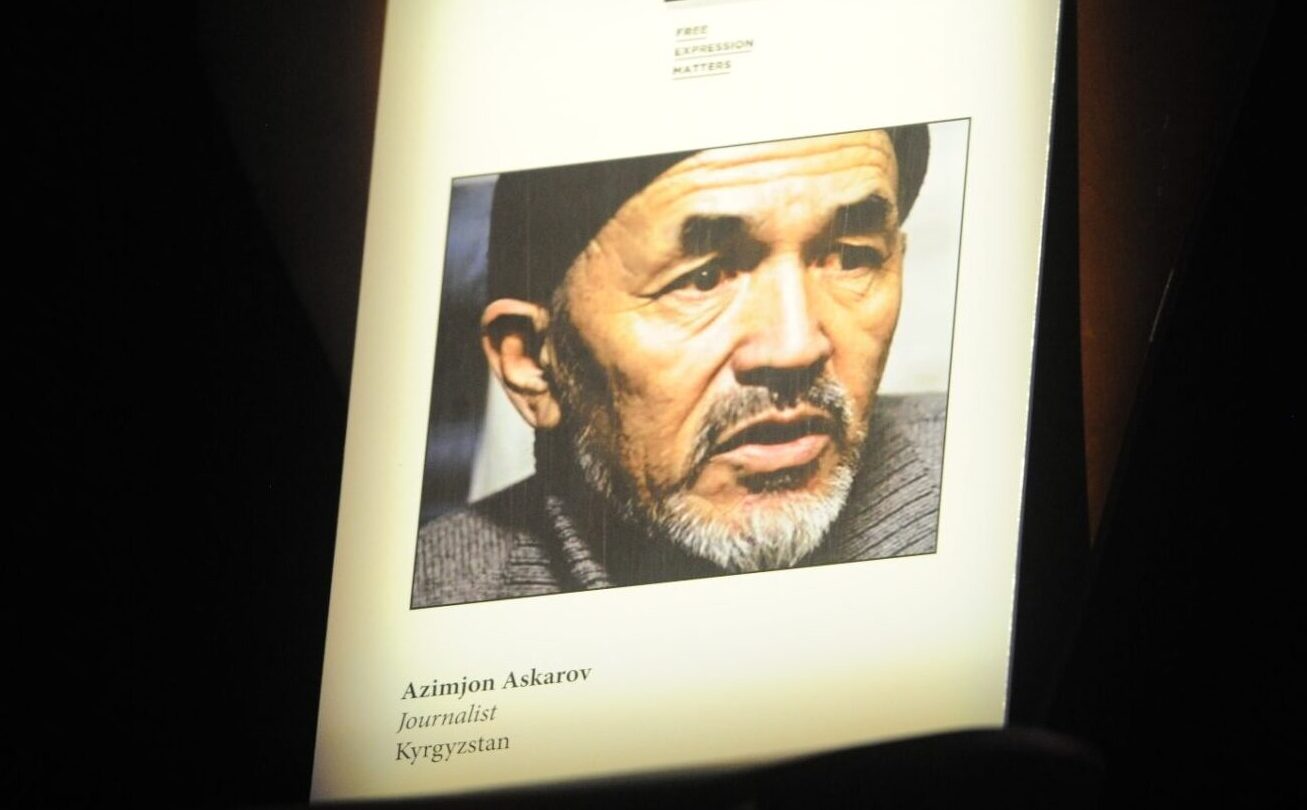
The award-winning journalist and human rights defender Azimjon Askarov was arrested in June 2018 and jailed on trumped-up charges related to the killing of a police officer in Bazar-Korgon, a few days after ethnic violence left hundreds dead and thousands displaced in southern Kyrgyzstan. Askarov was subjected to ill-treatment in prison and his health deteriorated significantly during his detention. He died in July 2020 after contracting pneumonia in prison.
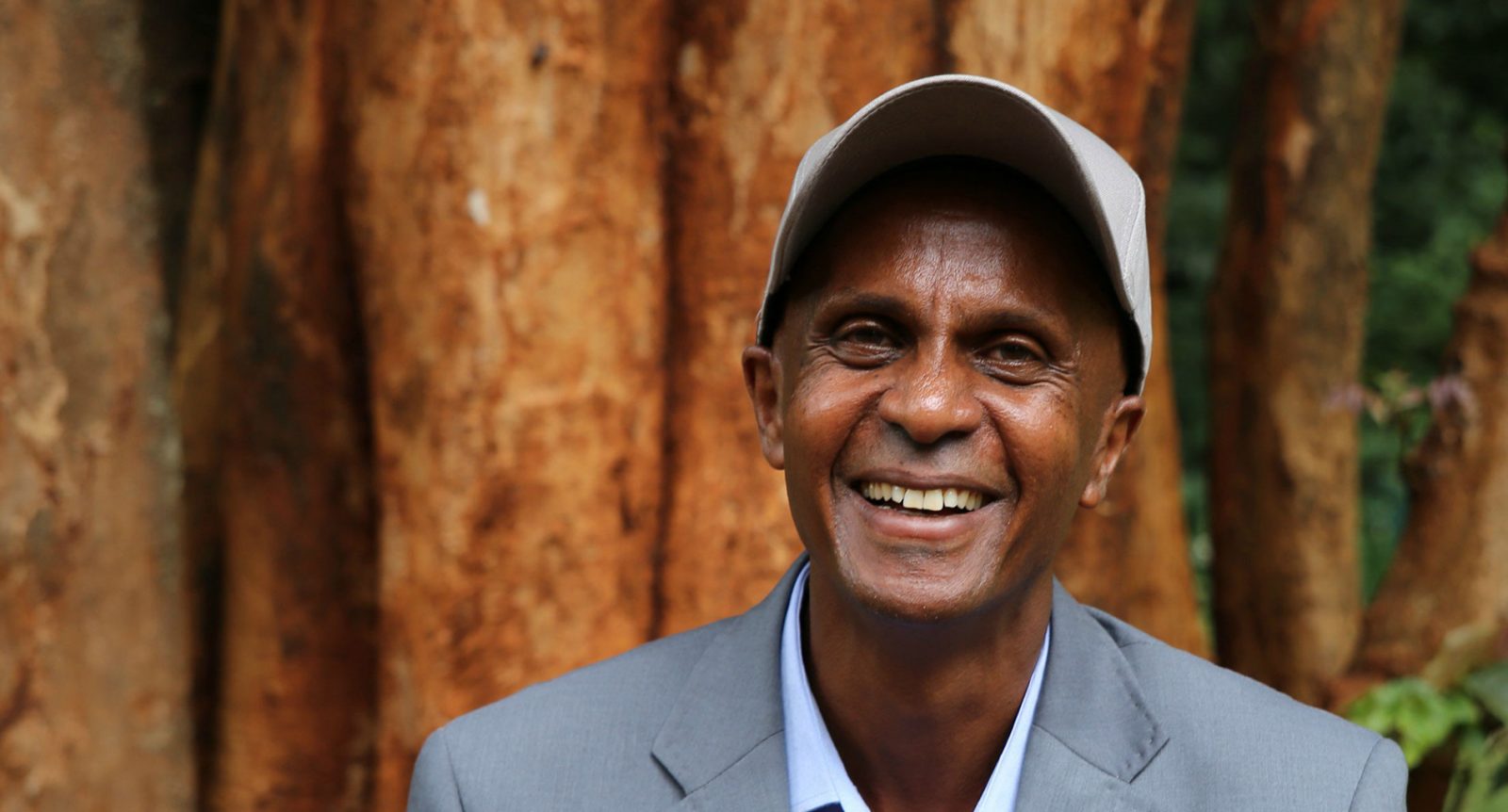
The independent Ethiopian journalist, Eskinder Nega, was arrested in September 2011 under the provisions of Ethiopia’s Anti-Terrorism Proclamation for criticizing the detention of a prominent government critic, and disputing the government’s assertion that detained journalists were terror suspects. At his trial the judge reportedly accused Nega of using “the guise of freedom” to “attempt to incite violence and overthrow the constitutional order” through a popular revolt similar to those of the Arab Spring. Convicted on June 27, 2012, Nega was sentenced to 18 years in prison. Nega was released in February 2018 when the government freed 740 prisoners as part of political reforms announced a month earlier.
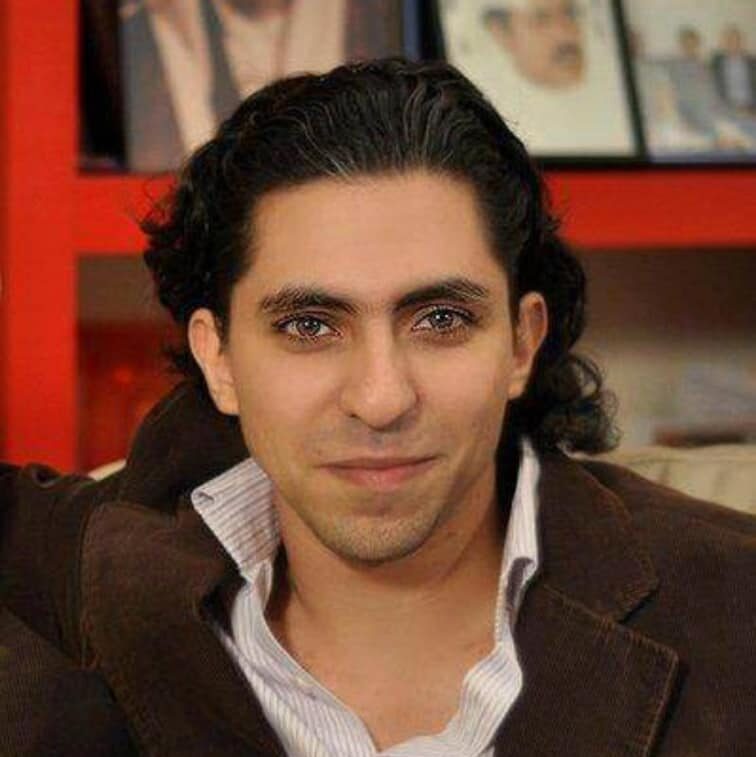
Raif Badawi was arrested in Jeddah on June 17, 2012 after organizing a conference to mark a “day of liberalism.” In July 2013 he was sentenced to seven years and three months in prison and 600 lashes for offenses under Saudi Arabia’s Anti-Cybercrime Law of “founding a liberal website,” “adopting liberal thought” and for “insulting Islam.” In May 2014, Jeddah’s Criminal Court sentenced Badawi to 10 years in prison, 1,000 lashes and a fine of 1 million Saudi riyals (approx. CAD$290,000) on charges of “insulting Islam” and “founding a liberal website.” Badawi was released from prison in May 2022, after 10 years behind bars, but remained banned from travel for another 10 years.
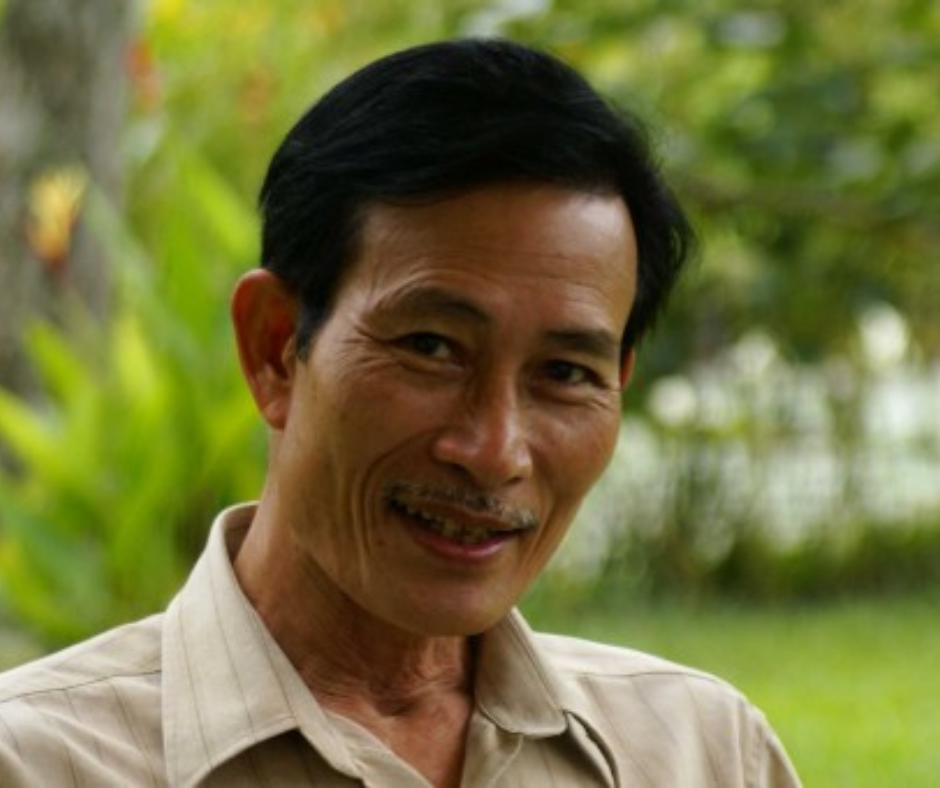
Vietnamese blogger Dieu Cay received the One Humanity Award on October 24, 2013 in recognition of his courageous dissent and continued advocacy for human rights in Vietnam despite a crackdown on online writing by the authorities. Dieu Cay, born Nguyễn Văn Hải, was a pioneer in using online social networks to expose corruption and human rights violations in Vietnam. He rose to prominence in the blogosphere as an outspoken advocate for democratic reforms and is well known for his denunciation of China’s foreign policy towards Vietnam, an opinion that eventually led to his imprisonment.
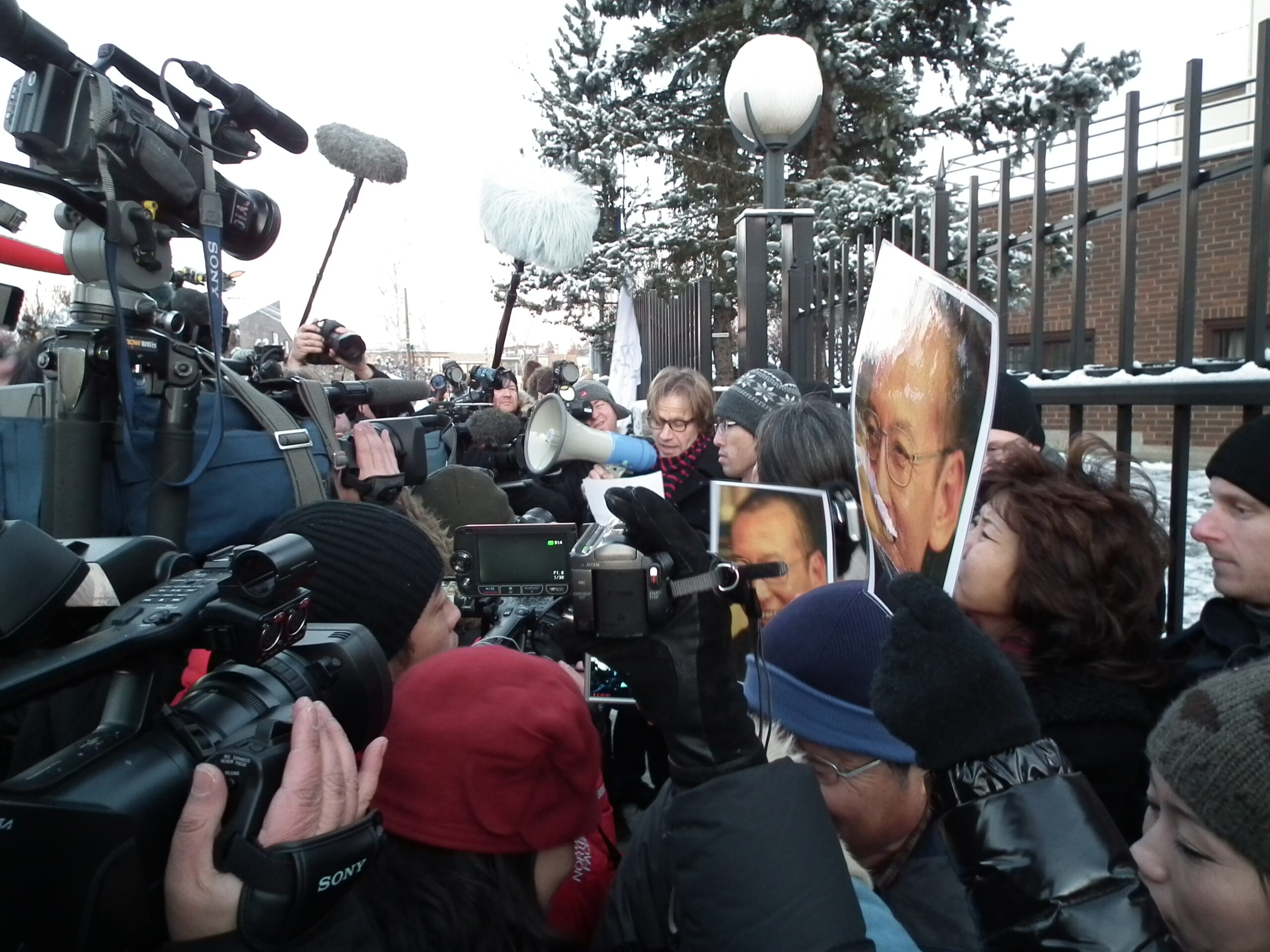
The 2010 Nobel Peace Laureate, Liu Xiaobo, was a prominent dissident writer, and former President and Board member of the Independent Chinese PEN Centre. Liu was arrested for signing Charter 08, a declaration calling for political reforms and human rights and held under Residential Surveillance, a form of pre-trial detention, at an undisclosed location in Beijing, until he was formally charged on 23 June 2009 with “spreading rumours and defaming the government, aimed at subversion of the state and overthrowing the socialism system in recent years”. The charge was said to be based on his endorsement of Charter 08 and over 20 articles published between 2001-2008. Liu was sentenced to 11 years in prison on December 25, 2009 and died in July 2017 soon after receiving medical parole when he had been diagnosed with liver cancer.
Sayed Parwez Kambakhsh, a student at Balkh university and reporter for the local daily Jahan-e-naw (the new world), was arrested on October 27, 2007 for blasphemy, after circulating an article downloaded from the internet which claimed that the Prophet Mohammed had ignored women’s rights. In January 2008, he was sentenced to death after a closed hearing with no legal representation. This sentence was later commuted to 20 years in prison. On September 7, 2009 the Afghan Ministry of Justice confirmed that Kambakhsh had been released two weeks earlier under a Presidential pardon.
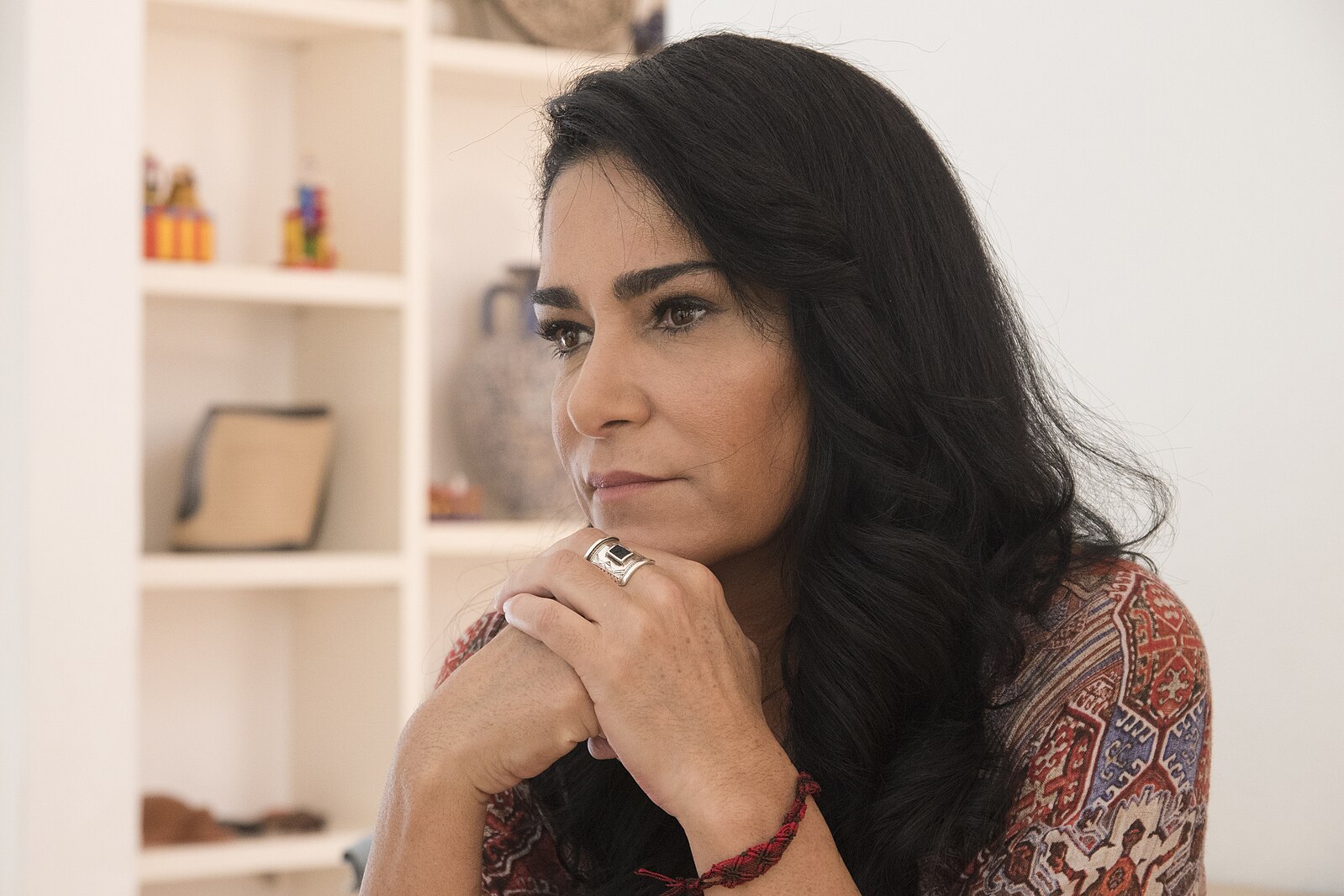
The Mexican journalist and rights activist Lydia María Cacho Ribeiro has reported extensively on violence against and sexual abuse of women and children. In 2004 her book, Los Demonios del Edén (The Demons of Eden) alleged that prominent Mexican businessmen had worked to protect a pedophile ring. Following the book’s publication, Cacho was arrested in Cancún by Puebla police and driven 900 miles back to Puebla while the arresting officers verbally abused her threatened her with rape. She was briefly imprisoned for defamation charges before being released on bail. In 2006, a tape emerged of a conversation in which a businessmen and the governor of Puebla conspired to have her beaten and raped for her reporting.
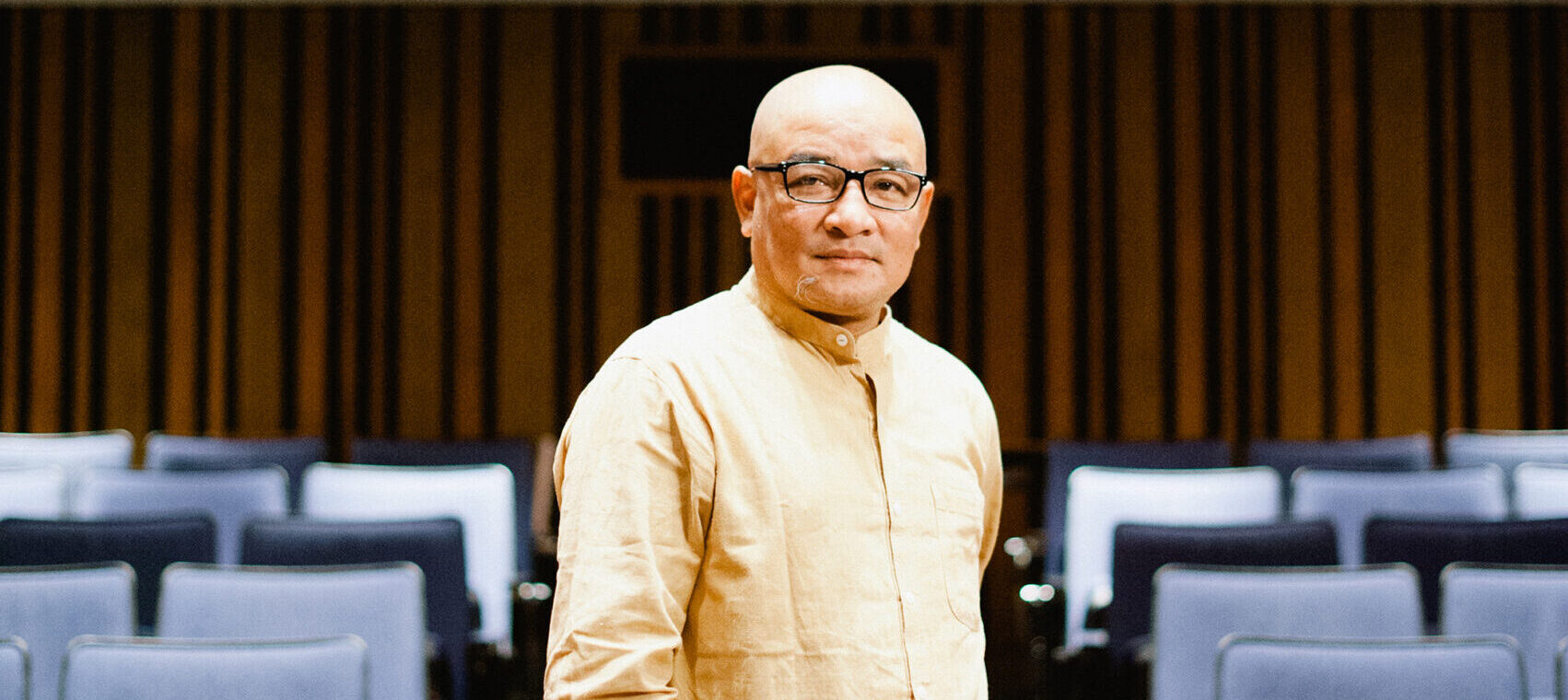
The Burmese poet and comedian Maung Thura, better known by his professional name “Zarganar”, was sentenced in November 2008 to 45 years for violating the Electronics Act following his criticism of Myanmar’s military junta in the wake of cyclone Nargis. Days later, he was sentenced to a further 14 years under the criminal code for charges related to his peaceful opposition activities. The sentences were commuted by 24 years in February 2009 and Zarganar was freed in a mass amnesty for political prisoners in October 2011.
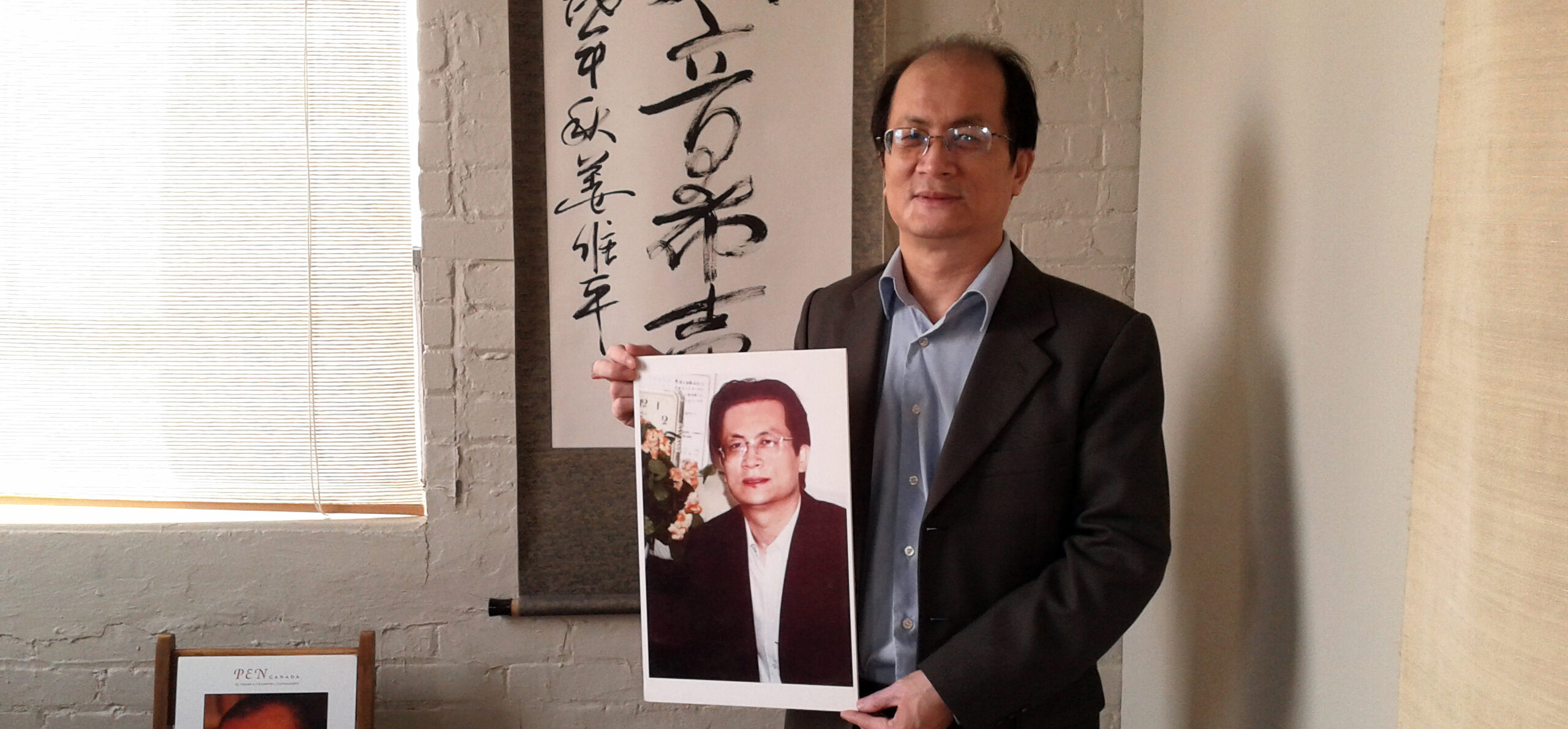
The investigative journalist Jiang Weiping, a former bureau chief of the Hong Kong daily Wen Hui Bao, published detailed accounts of high-level corruption in northern China in the Hong Kong-based monthly magazine Qianshao (Frontline) in 2000. Jiang was subsequently jailed for six years for “revealing state secrets” and was freed in January 2006, eleven months prior to his scheduled release. PEN Canada subsequently helped Jiang to relocate to Toronto in February 2009.
